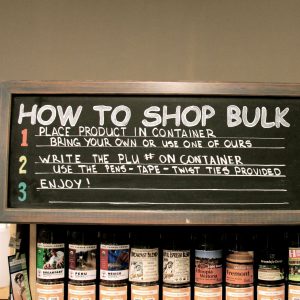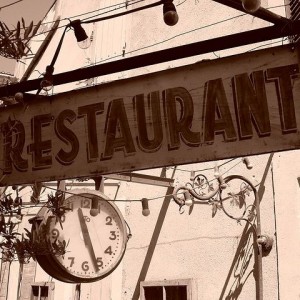
 A cost-effective food and beverage event takes hard work, attention to detail and careful planning, but it can be done.
A cost-effective food and beverage event takes hard work, attention to detail and careful planning, but it can be done.
Here are 20 ways to save money and trim the fat without compromising quality:
1. Act extra nice when negotiating costs and dealing with service providers. If you’re polite and reasonable when asking for a better deal, chances are you’ll get it.
2. Avoid peak season when choosing your event date. Book during off-peak, when there aren’t a lot of other events going on. More events mean rigid and higher prices.
3. Make a list of all the essentials and have at least five options with reasonable prices for each. More options will make it easier to shuffle things around and cut costs.
4. Set a clear, reasonable budget and stick to it. Knowing how much you can spend from the beginning will help you prioritize when planning your event.
5. Partner with other makers and producers. If you are hosting a wine dinner, ask a winery you like to sponsor your event. These relationships often work out well for both parties, as you can help get their name out.
6. Choose reasonably priced beverages. The beverage industry is packed with affordable, high-quality beverage options. Shop around and taste everything—not only is it fun, it will give you a chance to save some cash.
7. Buy in-season produce and flowers. You will not only discover the freshest local ingredients and blooms, you will find cheaper prices due to the abundance.
8. Borrow what you don’t have. Reach out to friends and family and ask if they have what you need for your event. You never know—Nana might have a closet full of stylish vintage cutlery and tablecloths ready to show off.
9. Portion control is one of the biggest ways to save money with a food and beverage event. Keep an eye on the RSVP list but wait until your headcount is confirmed to do your shopping.
10. Negotiate everything. A price tag doesn’t mean the price is set in stone. You can also offer something in exchange—naming the caterer to reduce food costs. Always ask and always be polite.
11. Keep your event casual. Formal events require a lot of little extras and your guests will appreciate laid-back, let-loose vibe. A causal event also offers flexibility when it comes to venue selection—for example, air conditioning might not be necessary if guests can wear t-shirts and shorts.
12. Skip the DJ and make your own playlist. Download your own music or use an app like Spotify.
13. Don’t over serve. Everyone should get enough food and alcohol, but ensure your food and beverage portions are reasonable to eliminate waste and save money.
14. Keep registration simple. Eliminate the need for the guest to do anything beyond registering. This will free up labor that would normally be spent answering emails and taking calls from confused attendees.
15. Plan your marketing budget carefully. Appeal to food bloggers and use social media to promote your events. These methods are significantly cheaper than purchasing ad space or a radio spot.
16. Choose your venue carefully. Instead of getting quotes from 5 different venues, try 10. Once you have quotes and understand the pros and cons of each venue, you can start to negotiate. Ask them to come down on the costs if you really like the space, but have a cheaper option on your list.
17. Source reasonably priced food when ingredient shopping. Finding high quality ingredients at a fair price is easier than you think—you just have to shop around. Head to farmers markets late in the day and you will get a good deal when buying large quantities of an item.
18. Do a plated meal instead of a buffet. Serving food portioned for each guest will give you complete control over food cost. If you want to go more casual, have a set amount of light appetizers (between 3-5 pieces per person).
19. Pair wine, beer, or cider with each course. Prix fixe beverage selection and meals will allow you to tailor the guests’ experience and control portions at the same time.
20. Reduce, reuse and recycle. Avoid using disposable products and minimize food/water waste. Going green reduces costs and helps the planet.
Event Tips >






 Arts
Arts Comedy
Comedy Event Tips
Event Tips Film
Film Food & Drink
Food & Drink Good Causes
Good Causes Music
Music News
News Radio
Radio Roller Derby
Roller Derby